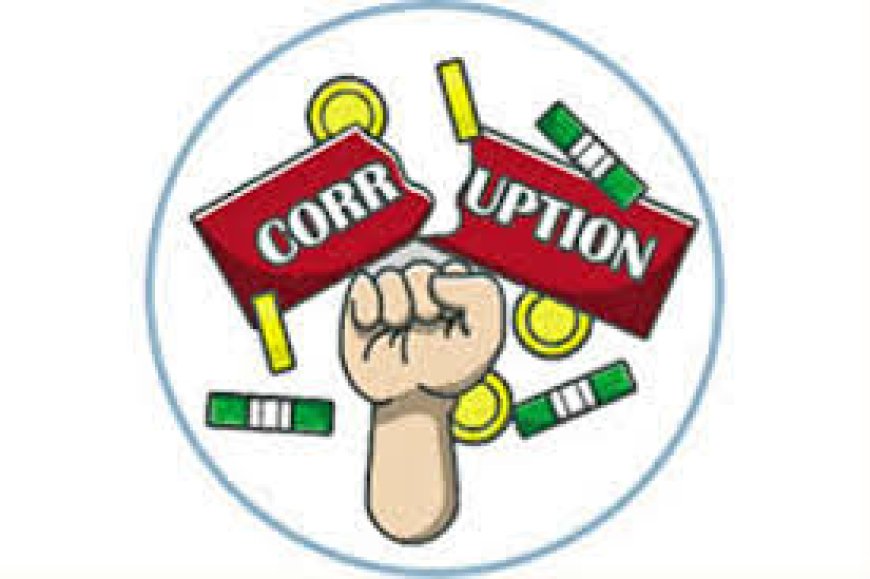ERF-White Paper Committee: Corruption Levels Highest in Four Key Sectors
ERF-White Paper Committee: Corruption Levels Highest in Four Key Sectors

Debapriya Bhattacharya, head of the interim government’s white paper committee, noted that authoritarian politics has fueled a corrupt economic system. He highlighted the interconnectedness of these issues, questioning whether despotic politics spurred economic corruption or if corrupt economics led to authoritarian governance.
Debapriya, also a distinguished fellow at the Centre for Policy Dialogue (CPD), stated that during the previous administration, corruption was most rampant in four key sectors: banking, energy, government projects, and IT. While corruption extended to other areas, these sectors were the most affected. Speaking at a meeting with the Economic Reporters Forum (ERF) at the planning commission, he explained that the committee’s focus is not on individuals but on systemic reform, and they plan to submit their report within 90 days.
The committee’s work spans five areas, including identifying sectors needing reform, planning for mid-term objectives due to the suspension of the 8th Five-Year Plan, and preparing for challenges of the country’s graduation from Least Developed Country (LDC) status. Additionally, they aim to outline steps to achieve Sustainable Development Goals (SDGs) despite existing challenges, emphasizing the need for credible data, as concerns persist over the accuracy of current statistics.
Energy expert Professor M. Tamim remarked that projects in the energy sector during the previous administration were plagued by overvaluation and nepotism, with awards given to politically connected individuals. Professor Mustafizur Rahman added that taxpayers funded many large-scale projects without public feasibility studies, saddling future generations with debt.
Committee members also discussed the misuse of public funds, ineffective anti-corruption measures, and lack of accountability within institutions. Professor Selim Raihan pointed out that political legitimacy issues, rooted in the flawed 2014 election, have given rise to “crony capitalism” and project-based corruption. Business elites and politically-connected bureaucrats have resisted reforms, creating a “reform-resistant” coalition that obstructs institutional progress.
Debapriya concluded by stressing that recent developments have fostered a corrupt economic network involving politicians, bureaucrats, and business elites. An authoritarian political approach has been maintained to support the development narrative masking these issues. For sustainable reform, transparency, efficiency, and accountability are crucial. He underscored that any restrictions on individuals or groups impact their political and economic influence, affecting the broader reform agenda’s sustainability.
What's Your Reaction?





















































































